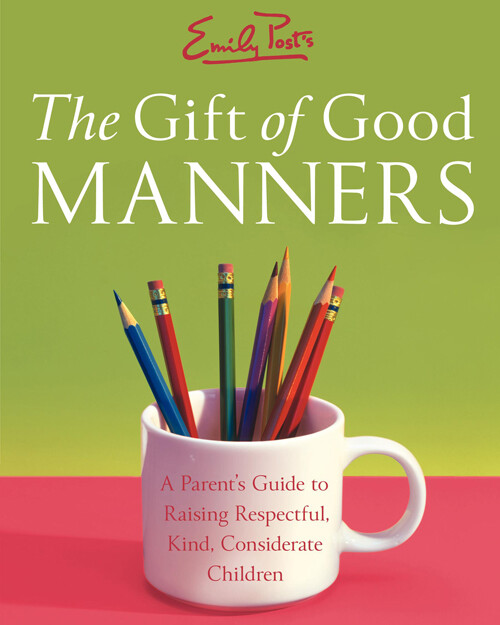
Birthday Parties: A Training Ground for Great Manners

A birthday party is a yearly highlight that most kids anticipate with excitement. Every other holiday is shared, but a birthday is a unique day that belongs to the child alone. Birthdays can be extra special events for parents, too. They mark another year with a son or daughter. Definitely a cause to celebrate!
Like so many significant stepping stones in life, birthdays are a training ground. They provide an opportunity for children to learn skills essential to entertaining and the world of giving and receiving gifts. Think about these skills in three distinct categories; the first comes as part of planning the party:
Who’s Invited
Whether it’s a wedding or a five-year-old’s birthday party, creating a guest list can be the most challenging part of the party. By the time your child is four or five he may be ready to help with this decision, and you can talk with him about who to invite. You can establish some guidelines by choosing how many guests and then help him decide who to invite.
- The old rule of thumb of inviting “age plus one” is still a good one.
- Consider the type of party you want to have, the space available, and your budget.
- Don’t exclude just one child because he’s not your good friend. If possible, invite everyone in the group—the whole class, the whole scout team, or everyone on the block.
- If you are inviting just some of the class, do not pass the invitations out at school. Mail them or make the invitations by phone.
Gifts: Saying Thank You!
Gifts are an important part of the birthday tradition. All kids (except for one- or two-years old) should be able to accept a gift and say “thank you.”
- One to two years-old: You’ll say it for her.
- Three to six years-old: If necessary, you’ll prompt her but you can expect her to say it.
- Seven years-old-plus: She should know to say thank you when she has been given a gift.
What should you do if your child receives a gift he doesn’t like or already has? For the brutally honest three to five year-old, nip any comments in the bud, stopping him at “thank you.” Teach your six to eight years-old how to react to a gift he doesn’t like: Tell him to think of one positive thing to say about the gift, and be sure to say thank you! “Thanks for the t-shirt. It’s my most favorite color.”
No matter what the occasion, thank-you notes are required for any gift that you haven’t said thanks for in person. And even if you have said thanks in person—like at the party—it’s great practice to write thank-you notes later.
The Gracious Host and Gracious Guest
Birthday parties really are a great training ground, both for the birthday child and her guests. Kids can and will absorb and learn good party manners—which are really nothing more than everyday manners bumped up a notch. Special occasions provide special opportunities to teach some special manners:
The Gracious Host or Hostess
- Is ready and greets everyone at the door.
- Includes everyone in the activities.
- Offers refreshments.
- Says goodbye and thanks for coming to each guest as they leave the party.
- Sends a thank-you note for presents that weren’t opened at the party or if thanks weren’t given in person.
The Gracious Guest
- Replies to the invitation right away. (Parents, you may have to help out here, but be sure to involve your child.)
- Arrives—and leaves—on time.
- Is prepared to join in, whatever the activity.
- Is careful and respectful with the host’s house and belongings. No jumping on couches.
- Follows the directions of any adults at the party.
- Lets an adult know if something spills or is broken.
- Says “goodbye” and “thank you” at the end of the party
This article originally appeared as a post on Cindy Post Senning's parenting blog, The Gift of Good Manners.









